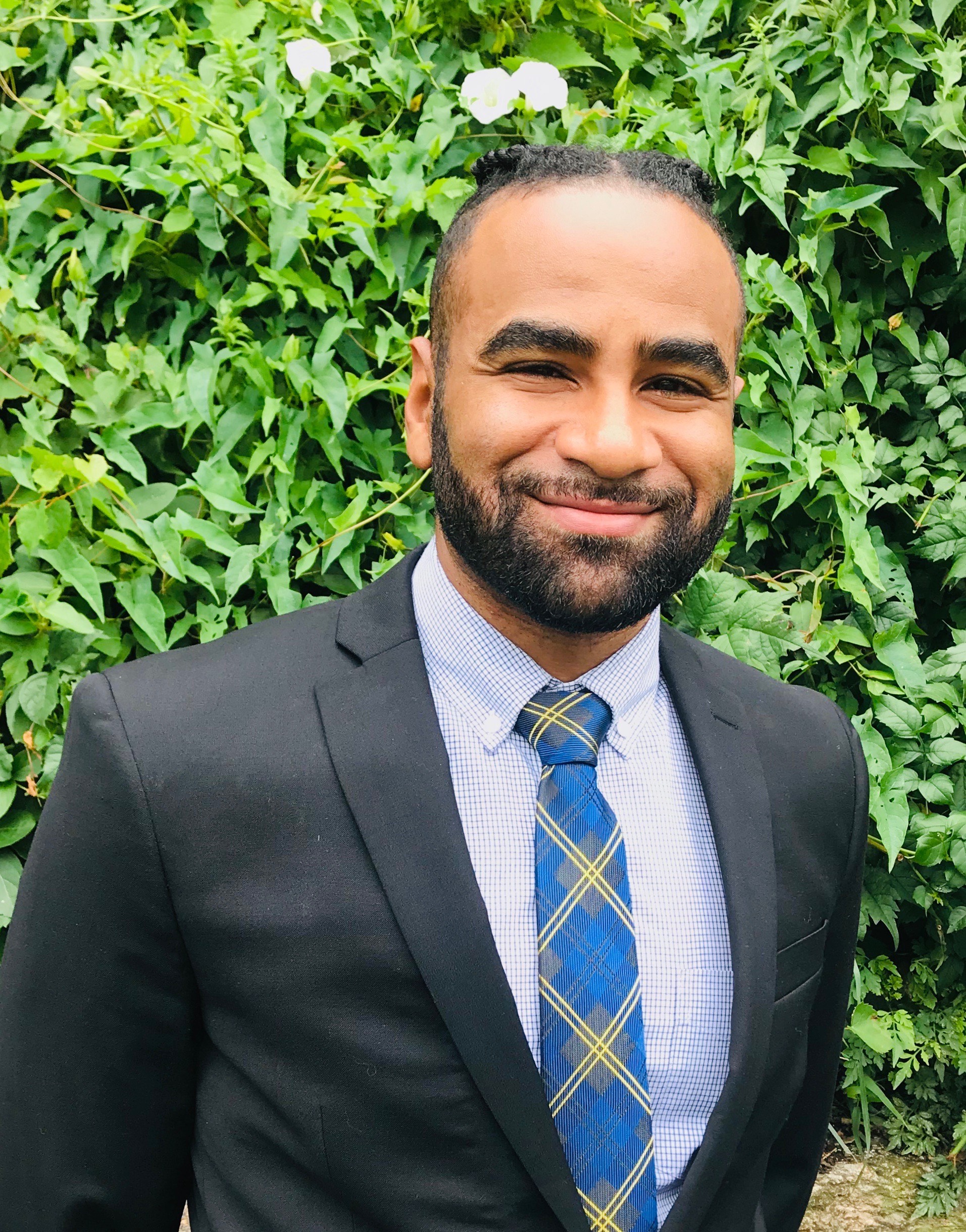Ian Shane Peebles is a doctoral candidate in the Department of Philosophy at the University of Pennsylvania and also studies social, cognitive, and affective neuroscience in Penn’s Center for Neuroscience and Society. He specializes in normative ethics, bio/neuroethics, and the philosophy of race. He is interested in the phenomena of race and racism in medical contexts, especially as they relate to neuroenhancements and (liberal) eugenics. His primary research questions include: 1. Is there a moral duty to utilize moral bioenhancements?; 2. Are there moral or prudential reasons for prohibiting liberal eugenics?; 3. When, if ever, is it morally permissible to use biological racial classifications in medicine?; and 4. How should we understand institutional racism in a medical context? Peebles is grateful for the support of the Wolf Humanities Center and the Fontaine Society. More information can be found here.
Ian Peebles
Wolf Humanities Center Doctoral Fellow
2020—2021 Forum on Choice
Ian Peebles
Ph.D. Candidate, Philosophy
What is owed to future generations? On procreative beneficence, liberal eugenics and its limitations
With advancements in reproductive technologies and genetic engineering, philosophers and bioethicists alike have argued that our duty to procreative beneficence entails the promotion of liberal eugenics – that is, the promotion of reproductive liberties, especially as it relates to choosing your children’s characteristics. I aim to answer the following questions: Is there a duty to procreative beneficence, and if yes, does it entail liberal eugenics? What distinguishes liberal eugenics from history’s more sinister iterations of eugenics? Are there moral or prudential reasons for prohibiting liberal eugenics that undermine procreative beneficence? In answering these questions, I hope to clarify the conceptual and normative landscape surrounding liberal eugenics. Additionally, by approaching the topic with an eye toward racial classifications, I hope to better contextualize the current conversation regarding liberal eugenics and its limitations, specifically as it relates to choosingpolygenic traits for future generations.



